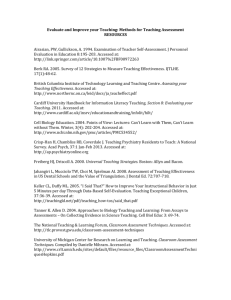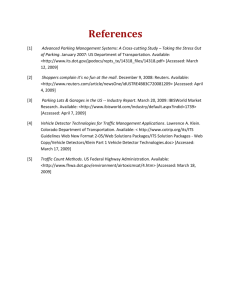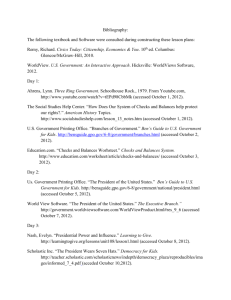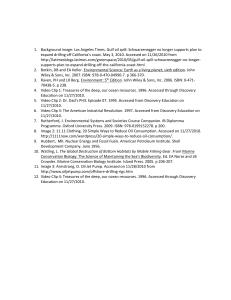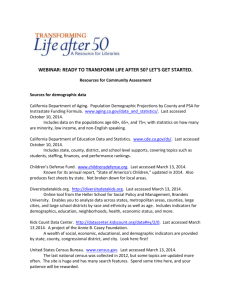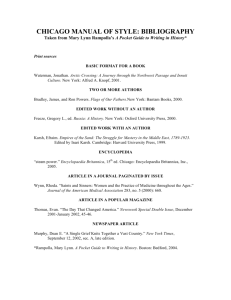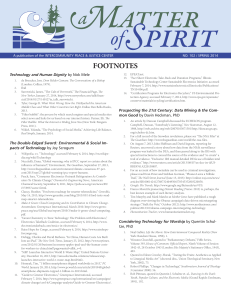Sample_Financial Accounting
advertisement
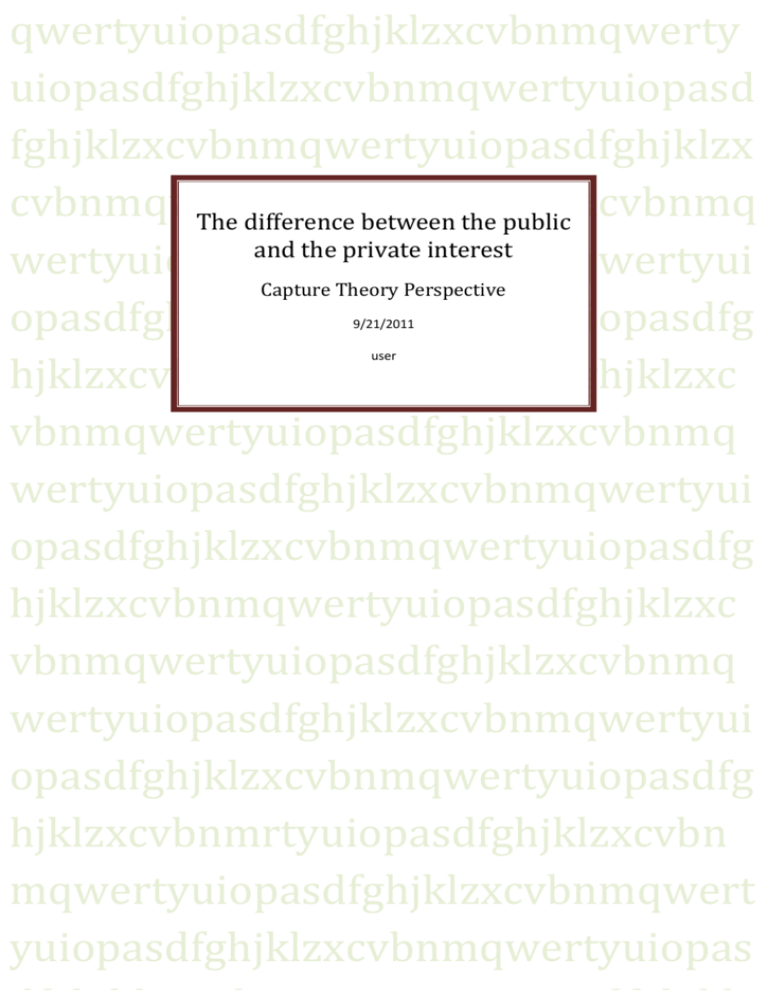
qwertyuiopasdfghjklzxcvbnmqwerty uiopasdfghjklzxcvbnmqwertyuiopasd fghjklzxcvbnmqwertyuiopasdfghjklzx cvbnmqwertyuiopasdfghjklzxcvbnmq The difference between the public and the private interest wertyuiopasdfghjklzxcvbnmqwertyui Capture Theory Perspective opasdfghjklzxcvbnmqwertyuiopasdfg hjklzxcvbnmqwertyuiopasdfghjklzxc vbnmqwertyuiopasdfghjklzxcvbnmq wertyuiopasdfghjklzxcvbnmqwertyui opasdfghjklzxcvbnmqwertyuiopasdfg hjklzxcvbnmqwertyuiopasdfghjklzxc vbnmqwertyuiopasdfghjklzxcvbnmq wertyuiopasdfghjklzxcvbnmqwertyui opasdfghjklzxcvbnmqwertyuiopasdfg hjklzxcvbnmrtyuiopasdfghjklzxcvbn mqwertyuiopasdfghjklzxcvbnmqwert yuiopasdfghjklzxcvbnmqwertyuiopas 9/21/2011 user Contents Introduction............................................................................................................................................ 3 Capture Theory ..................................................................................................................................... 3 Pros and Cons of the Capture Theory .............................................................................................. 4 Self Interest Theory.............................................................................................................................. 4 Conclusion ............................................................................................................................................. 4 References ............................................................................................................................................ 6 Introduction The basic concept of the Financial accounting theory is based on the fact that the accounts should be so much updated that they would be able to provide all the required information to the investor before he takes the decision about investment. In the given case the concerns of the senate committee is justified in the sense that the information provided by the accounts should be correct, relevant and consistent. This could involve huge responsibilities as the disclosures in the accounts are of utmost importance. So Dr Batterham’s, who was playing a dual role as the chief scientist of the Federal Government, role was under scrutiny. Capture Theory The information about a company that is revealed by the accounts becomes a public good after it is made available to anyone. The free riders who take advantage of the information can also not be charged for using this information. This causes dissatisfaction in the company management and they are tempted to disclose lesser than required. This is called the free market approach. Another approach that was adopted was self regulation approach which meant the companies have to exercise self-regulatory measures and supply all the relevant information to the market forces. But in this case also the firms become the monopolist supplier can fraudulently disclose false information to regulate the prices and other factors. Both these theory didn’t work. So M. Walker came up with the argument of capture theory in 1978.(economic theory). This theory argues that there should be regulatory measures are initially established to protect public interest but later are captured by regulated parties who manipulate the rules to suit their convenience. The regulatory authorities start believing that the companies that are regulated have to be given extra facilities as they adhere to rules which may result in profit reduction. Government created ASRB which is now known as AASB (Australian Accounting Standards Board) as regulatory authority to protect the public interest and adhere to their right of information. But the regulatory bodies were able to capture the AASB and started manipulating the rules to suit their needs. The outcome of the above process is that the standards set by accounting association are legitimised by different professions according to their requirements. Pros and Cons of the Capture Theory The main advantage of the capture theory is that it takes care of the public interest in full. It seconds the argument fully that the society in which the firm operates has the full right to have the knowledge about the functions that are going on inside the firm. The cons of using the capture theory are that it completely ignores the firm’s self interest. In this case the firm would be lured to make manipulations to the set standards as their personal interest does not find a place. The accounting group is not the only thing that the AASB has to focus on. It has many other roles to play as well. So it might not be as dedicated to the accounting profession as it could be. Moreover there are lots of political interests that go into the setting of standards by AASB. There also appear to be some rules which look biased. There are also social and economical factors involved while setting up of rules. Self Interest Theory This theory is based on the argument that, individual come together only to pursue some self-interest. If their self- interest is not looked into at a particular place, they would lose the motivation to work and the firm would fail to operate. So the accounting standards should be set keeping into mind not the public interest but self interest. In this case the private interests of the involved parties are first taken care of (Gaffikin 2009). On comparing the self interest theory with the capture theory we get to see that the basic difference is that the capture theory takes care of public interest only and the self interest theory takes care of the private interest of the parties involved. In the capture theory the exercise of the self control would not make much difference where as in the self interest theory the exercise of the self control is of utmost importance. The rules set by the self interest theory are completely according to their private needs and the rules of the capture theory are completely according to the public needs. Conclusion From the above discussion we can conclude that both the disclosure theories have the pros and cons attached to them. One completely ignores the individual where as completely overlooks the society. Both these theories are related yet they are so far from each other. In order to strike a balance between the two, there has to be some accounting standards which are set by a group of people who are totally unbiased. Thus we cannot say that any of the above two theories, the capture theory and the self interest theory are bad. They just need little mouldings to overcome the limitations they have. The senate committees concerns are relevant in this case as the private interest can result in the negligence of duties towards the public. So Batterham’s dual roles could lead to a disaster if the private interest start ruling. This could result in both the moral and financial hazard. References Gaffikin MJR 2009, ‘Regulation as Accounting Theory’ working paper series, accessed 21/09/11, < http://ro.uow.edu.au/cgi/viewcontent.cgi?article=1049&context=accfinwp&seiredir=1#search=%22walker%20argument%20about%20accounting%20disclosure% 20theory%22> Psaros, J., Patel, C., Warnakulasuriya, S., 2003. A Study of Uncertainty Expressions in Australian Accounting and Auditing Standards, Pacific Accounting Review,15 (2), p1 - 28 Accessed from < http://www.marketing91.com/capture-theory/> Accessed on 21.09.11 Accessed from <http://www.economictheories.org/2008/12/capture-theoryregulation.html> Accessed on 21.09.11 Accessed from <http://www.amosweb.com/cgibin/awb_nav.pl?s=wpd&c=dsp&k=capture+theory+of+regulation> Accessed on 21.09.11 Accessed from <http://www.clt.astate.edu/crbrown/reg3.htm> Accessed on 21.09.11
